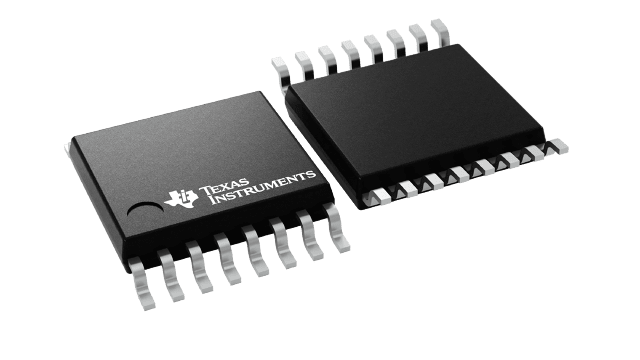Gehäuseinformationen
| Gehäuse | Pins TSSOP (PW) | 16 |
| Betriebstemperaturbereich (°C) -40 to 125 |
| Gehäusemenge | Träger 2.000 | LARGE T&R |
Merkmale von PGA281
- Wide Input Range: ±15.5 V at ±18 V Supply
- Binary Gain Steps: 128 V/V to 1/8 V/V
- Additional Scaling Factor: 1 V/V and 1 3/8 V/V
- Low Offset Voltage: 5 µV at G = 128
- Near-Zero Long-Term Drift of Offset Voltage
- Near-Zero Gain Drift: 0.5 ppm/°C
- Excellent Linearity: 1.5 ppm
- Excellent CMRR: 140 dB
- High Input Impedance
- Very Low 1/f Noise
- Differential Signal Output
- Overload Detection
- TSSOP-16 Package
Beschreibung von PGA281
The PGA281 is a high-precision instrumentation amplifier with a digitally-controllable gain and signal-integrity test capability. This device uses proprietary autozeroing techniques to offer low offset voltage, near-zero offset and gain drift, excellent linearity, and nearly no 1/f noise.
The PGA281 is optimized to provide an excellent common-mode rejection of greater than 110 dB (G = 1) over a wide frequency range. Superior common-mode and supply rejection supports high-resolution, precise measurement. The 36-V supply capability and wide, high-impedance input range comply with requirements for universal signal measurement.
The PGA281 offers multiple internal gain options from ⅛ V/V (attenuation) to 176 V/V, making this a universal, high-performance, analog front-end suitable for a wide variety of applications. The fully differential, rail-to-rail output is designed to easily interface a wide range of input signals to the low-voltage domain of high-resolution analog-to-digital converters (ADCs).
The PGA281 is available in a TSSOP-16 package and is specified over a temperature range of –40°C to +105°C.
